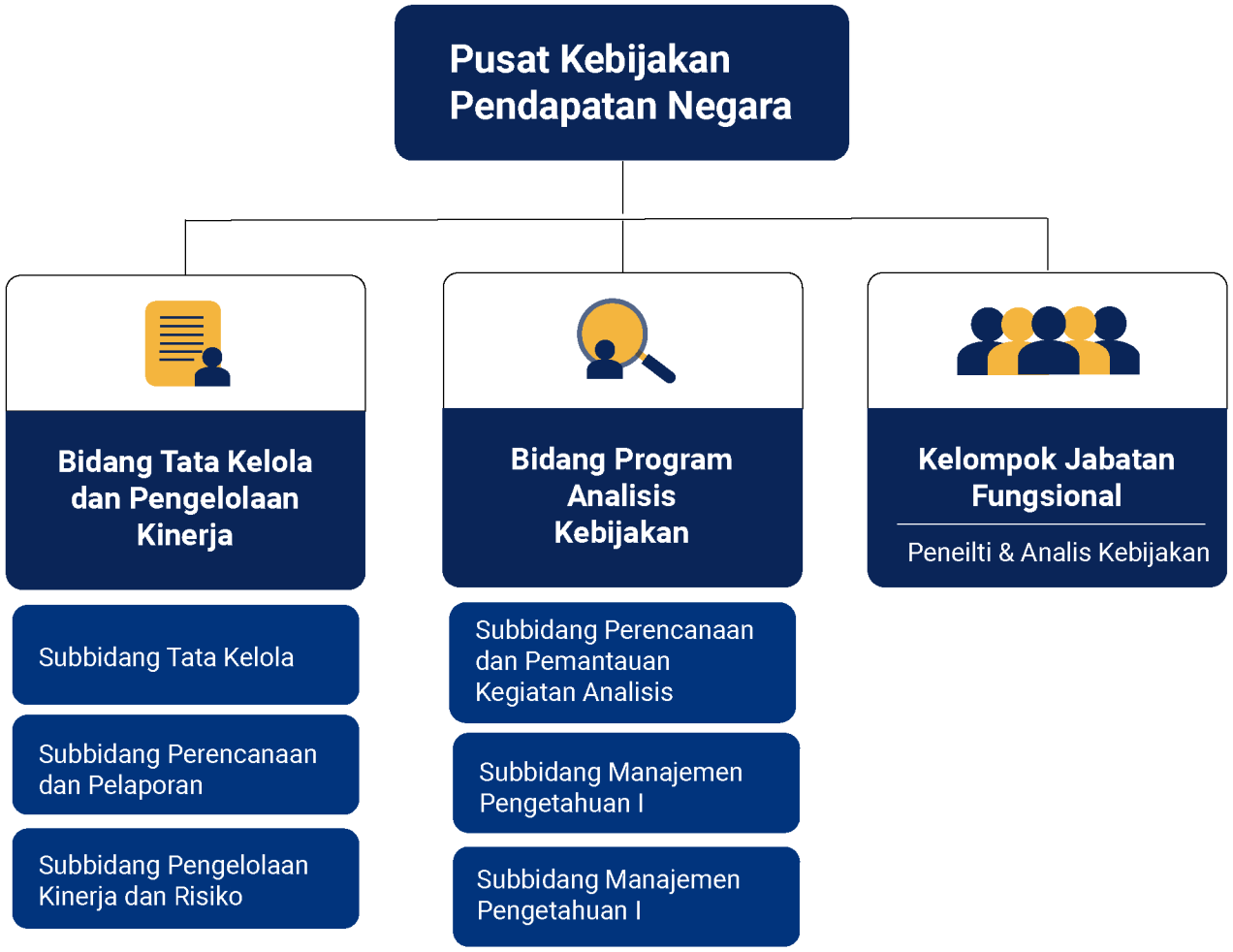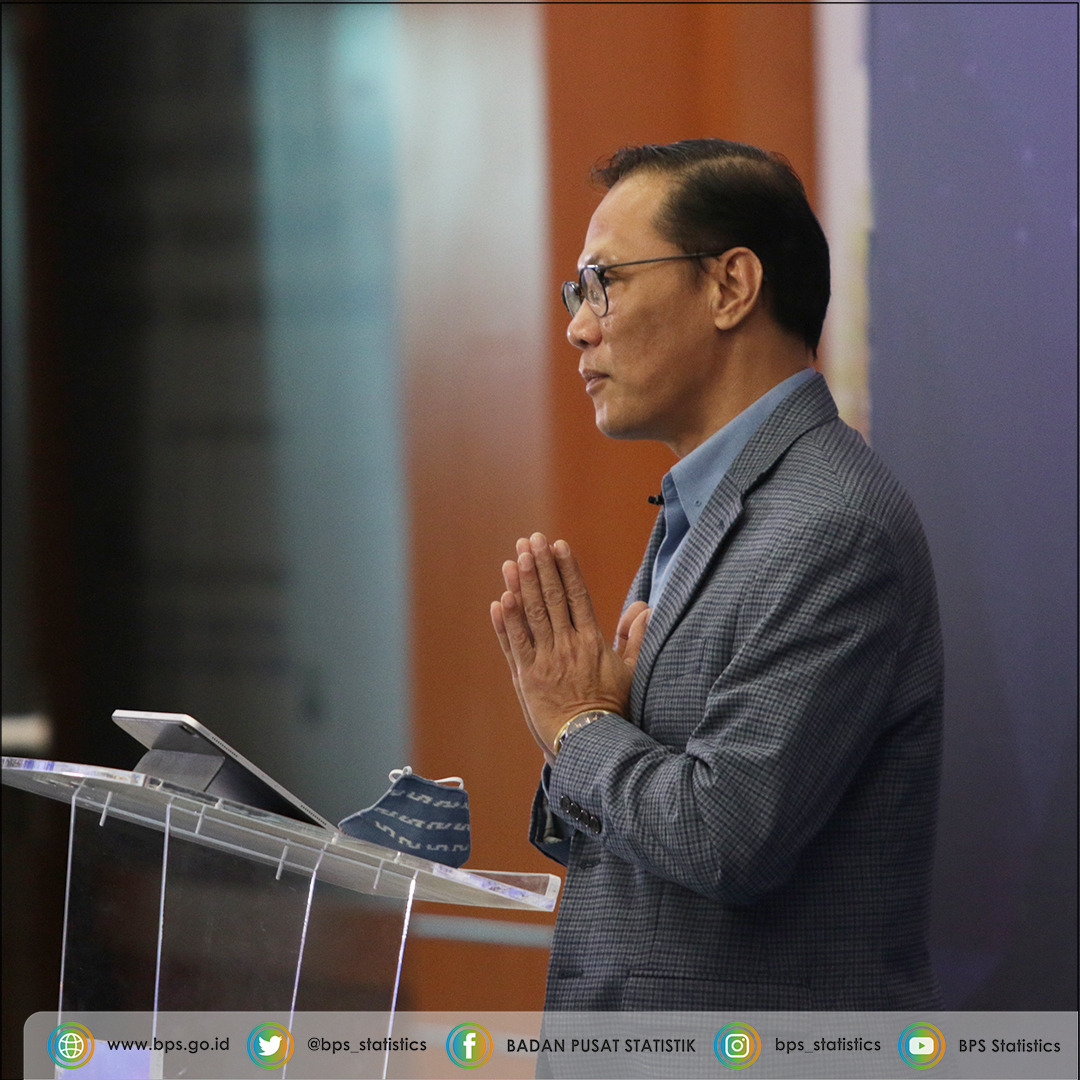
_1.jpeg)
National Zakat Index Framework and Methodology. G., Annisa, N., Khairunnajah, Noviyanti, Choirin, M. Khandker, Handbook on Poverty and Inequality, The International Bank for Reconstruction and Development/The World Bank, Washington DC, 2009. Garis Kemiskinan Menurut Provinsi, 2013-2016. Jeddah: Islamic Research and Training Institute.
#Sistem informasi manajemen di badan pusat statistik series
(2012).Economic Estimation and Determinations of Zakat Potential in Indonesia (Working Paper Series WP#1433-07). Itu bertujuan guna dapat memahami perkembangan ekonomi yang terdapat di Indonesia. Al-Iqtishad: Journal of Islamic Economics, 7(1): 87-104įirdaus, M., Beik, I. Badan Pusat Statistik pun selalu mengerjakan suatu pekerjaan yang tidak jarang disebut sensus ekonomi masing-masing 10 tahun sekali, yakni pada angka terakhir tahun yang mempunyai angka 6. Construction of CIBEST model as measurement of poverty and welfare indices from Islamic perspective. (2016).Ekonomi Pembangunan Syariah (Edisi Revisi). Jakarta: BAZNAS.īAZNAS Center of Strategic Studies (2016).

Jakarta: BAZNAS.īadan Amil Zakat Nasional.(2016). Dokumen Rencana Strategis BAZNAS 2016-2020.

Dokumen Sistem Informasi Manajemen BAZNAS (SIMBA). Keywords: Zakat, Mustahik, Productive-based Program, National Zakat Indexīadan Amil Zakat Nasional.(2016). Our results show that the productive-based zakat distribution managed by BAZNAS in those regions is positively correlated to the alleviation of poverty of Mustahik, and thus improves the welfare both materially and spiritually. In doing so, a direct survey to Mustahik in three regions in Indonesia was conducted between October and November 2016. By using the National Zakat Index framework, this research provides an actual data on how far the achievement of the productive-based zakat program in improving the welfare of Mustahik. This has been done through designing the productive-based zakat program that will assist Mustahik in establishing a business, or upgrading the scale of economies for their existing business. The poverty statistics of the regions are commonly higher than that in the average of the nation, requiring a form of intervention that is not always dependent on government social programs. Tabanan (Bali), East Kutai (East Kalimantan), and Gorontalo. This paper aims at examining the impact of productive-based zakat program distributed by BAZNAS to the Mustahik in the central regions of Indonesia i.e.


 0 kommentar(er)
0 kommentar(er)
